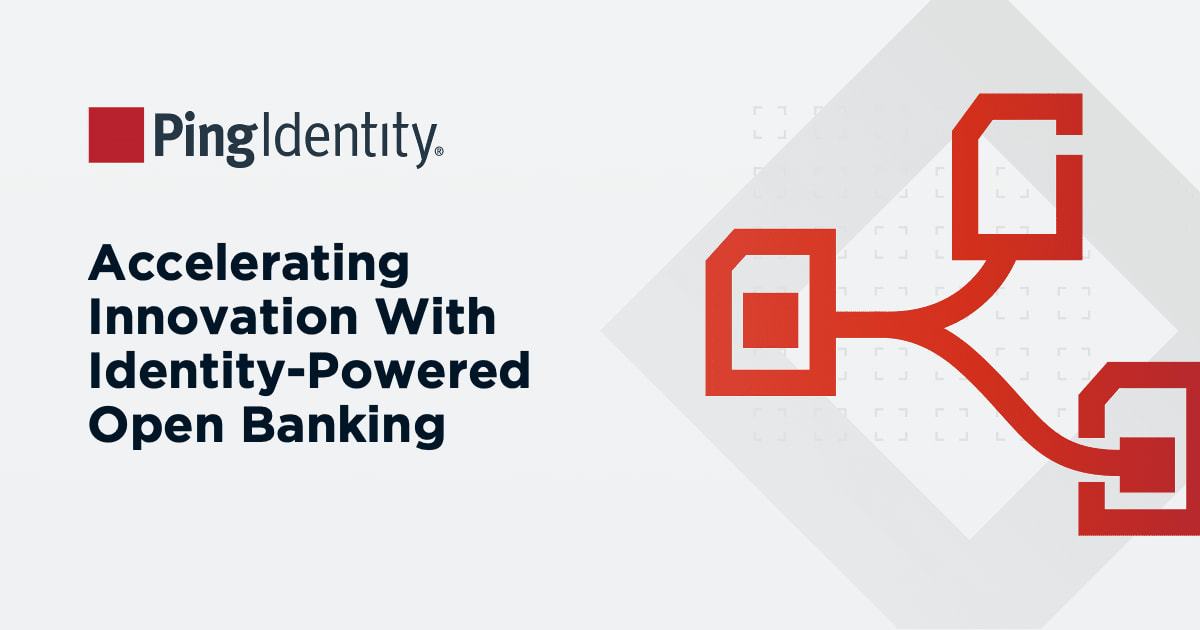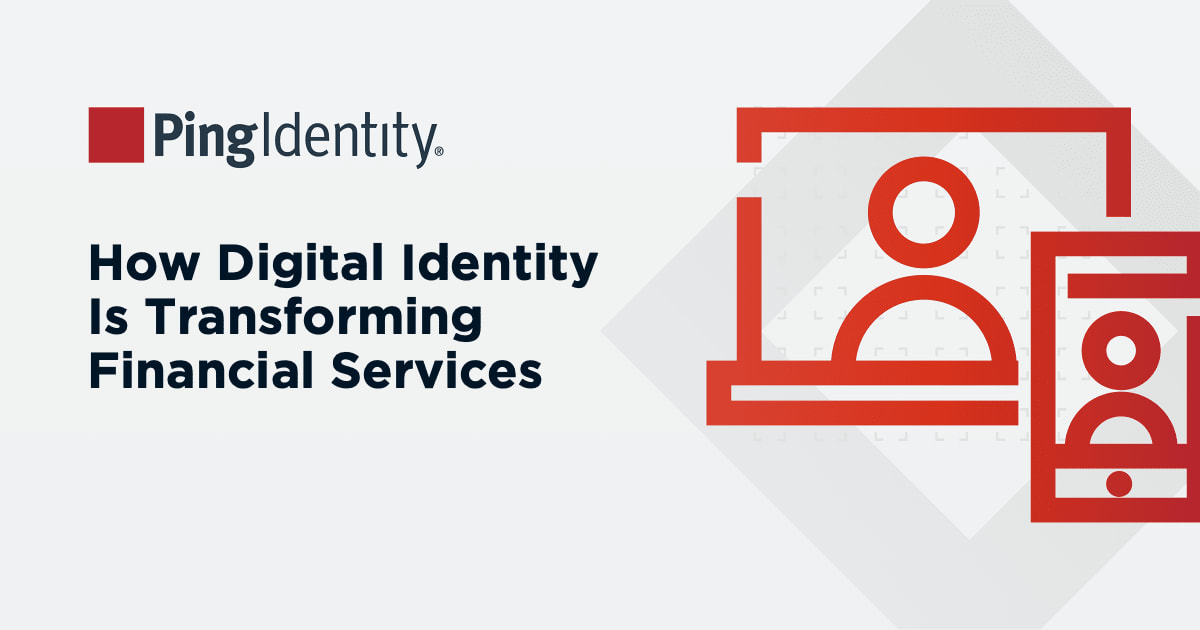New in PingOne for Customers: Embedded Push Notifications, Social Logins, Inbound Federation and More
This month PingOne for Customers debuts some exciting new features. The cloud-delivered identity-as-a-service (IDaaS) platform has enhanced its supported use cases, its privacy compliance capabilities, and the experience development teams can deliver to their users. You can now embed secure identity services—login, registration, multi-factor authentication (MFA) and others—into your applications more easily than ever.
Now developers have the ability to:
- Turn custom mobile apps into a strong authentication factor
- Allow users to log in using SAML identity providers
- Offer one-click logins and registrations with Facebook
- Store European citizen data in a dedicated EU datacenter
Please see details below for more information on each of these new capabilities.
Turn Custom Mobile Apps into a Strong Authentication Factor
Along with MFA options of SMS and email, PingOne for Customers Mobile SDK (Beta) now allows strong authentication in the form of push notifications to be embedded right into an enterprise’s own custom mobile application. Rather than depending upon your end users to download a third-party authentication app—a process so inconvenient that many consumers won’t bother, resulting in a dependency on SMS and email as MFA factors—you can make authentication both easier and more secure via push notifications to a trusted device. Adding a trusted device can be done in a few easy steps so customers can quickly start utilizing this capability.

P14C also has the ability to use authentication factors including SMS, email, and now push notifications instead of passwords to enable passwordless authentication. With the addition of secure, convenient push notifications, you can allow your customers to use one of their trusted devices as the sole factor for authentication. This can greatly increase convenience and security for consumers who struggle to remember alphanumeric passwords or rely on easy to remember passwords which pose a security risk.
Allow Users to Log In Using SAML Identity Providers
PingOne for Customers now has the ability to accept inbound federation (SAML) assertions, enabling an app that uses PingOne for Customers to act as a service provider (SP). Consumers can log in to other apps and then pass authenticated user data to PingOne for Customers, thereby creating a session in those apps intended to act as service providers. This capability opens the door for a number of different use cases, including:
- Allowing companies to support large customer requests to enable federation instead of duplication of their identities to access purchased online services.
- Permitting employees of a company to log in to customer-facing apps by utilizing their corporate login credentials.
- Supporting the ability of consumers to use credentials from an affiliate or partner to log in to centralized apps, even if the two entities have separate identity providers (IdPs).
Offer One-click Logins and Registrations with Facebook
PingOne for Customers now supports social login via Facebook with support for more social providers coming soon. There are significant benefits associated with social login, including increased conversion rates and gaining additional consumer attributes to further build out user profiles. A study conducted by Annex Cloud determined that social login increased conversion rates by 15-20%, and also found that the vast majority of consumers find it troublesome to create new accounts on websites.
Store European Citizen Data in a Dedicated EU Data Center
PingOne for Customers now has a dedicated data center in the European Union in addition to North America. Enterprises can have confidence that users added to the EU data center will be completely siloed from users living in other parts of the world. This helps ensure compliance with data sovereignty and regulations such as GDPR, which restricts the allowance of EU citizens’ personal data being sent out of the EU.


